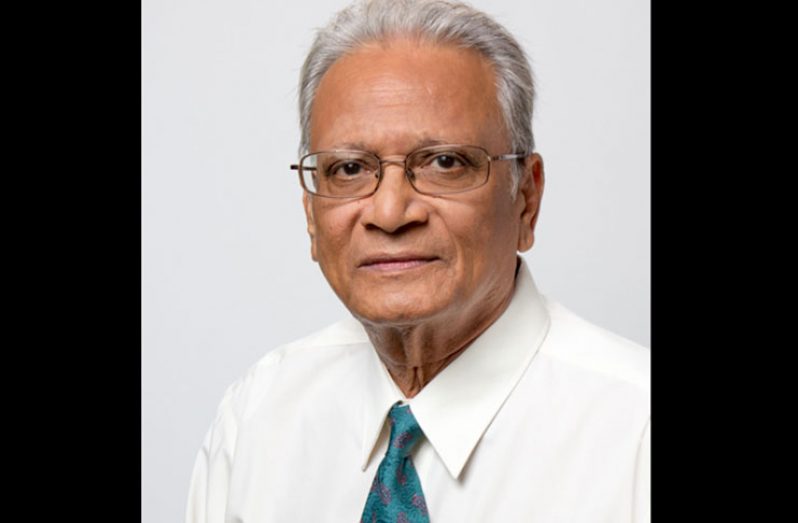–which gave race-baiting FBO permission to do missionary work
PERMISSION to conduct missionary activities in public schools was granted the US-based Faithful World Baptist Church (FWBC) by those institutions themselves and not the Ministry of Education.
This is according to the Ministry of Education which said in a statement on Wednesday that to date, the FWBC has only been able to access three schools here.
The Stabroek News on Tuesday carried a full-page advertisement in which questions were being asked on whose authority was the FWBC allowed to conduct missionary work in public schools across Guyana.
The advert, in the form of a statement, was endorsed by more than 108 Hindu Temples and organisations across Guyana.
Said organisations pointed out that Pastor Steven Anderson, who was carrying out the missionary work on behalf of the FWBC, has a history of hate speech, and had at one time “demonised” the Reverend Martin Luther King Jr., whom they referred to as “one of the greatest modern teachers of peace.”
They also charge that Pastor Anderson has repeatedly expressed racists views.
It’s in light of the foregoing charges, the organisations say, that they’re extremely concerned about the attacks of the Pastor on Hindus and Hinduism, and the emotional hurt and psychological damage to Hindu students.
CROSSED SACRED LINE
The organisations say that “by allowing the use of State resources, the Ministry of Education has eroded the sacred boundary between Church and State”.
It’s a claim that the Ministry of Education is refuting, and on Wednesday issued a statement saying that at no time did it grant FWBC permission to minister in schools; that based upon their investigations, that approval was given by the administration of the respective schools themselves.
Based upon their findings, the Ministry of Education said, “It was determined that, in all, three public schools were visited. It was determined that in each case, permission was granted via the individual school administration without sanction from the Ministry.
“The Department of Education had no previous knowledge of the school visits by FWBC, nor did it in anyway facilitate the visits.”
According to the Hindu organisations, Pastor Anderson had initially targeted a number of schools, among them Queen’s College, St Rose’s High, North Georgetown and Central High.
He’s even claimed, they say, to have reached more than 3,000 students, and “saved” at least another 1,000.
KNOWN HATE GROUP
After doing its research, the Education Ministry agrees with the Hindu organisations that the FWBC, which is headquarterd in Arizona, is indeed a fundamentalist Christian group with a history of making hate speeches. The group has been banned entry in at least three countries.
Further, the Ministry has pointed out that American hate-speech watchdog, the Southern Poverty Law Center, has listed the church as a hate group.
The Ministry has noted, too, that even before investigations were conducted on March 24, Principal Education Officer (PEO) Mr Immanuel Bridgewater sent out a circular to principals and headteachers, reminding them of the need to seek permission from the Department of Education before external actors are allowed into the school system.
And as a result of the situation which obtained, the Ministry reported that “all administrative involved were reprimanded for the lapse.”
Further, the Ministry stated that the incident is “unfortunate as it was offensive”, as there is no place for proselytising, whether supposedly benign or overtly extremist, in the public education sector.
CLEAR GUIDELINES
In moving forward, the government agency has committed itself to establishing clear guidelines against such incidents in the future.
These guidelines, the Ministry says, will be based on three key foundations.
The first is the Constitution of Guyana, which guarantees Freedom Of Conscience, as well as Freedom From Religious Instruction within the public education system.
The second is a National Cultural Policy, which speaks explicitly to the issue of respect for all religions, and the equitable inclusion of the concerns of the religious community into public policy formulation and implementation processes.
The third foundation will be the revised Education Bill, which will also take into account constitutional stipulations on religion in the education system.
The Ministry sought to reaffirm that through the government, it recognizes and values the tremendous gift of Guyana’s unique and particular diversity.
“In this vein, we will continue to welcome citizen feedback on issues that impact upon that diversity and condignly correct lapses whenever they occur,” the Ministry concluded in its statement.












